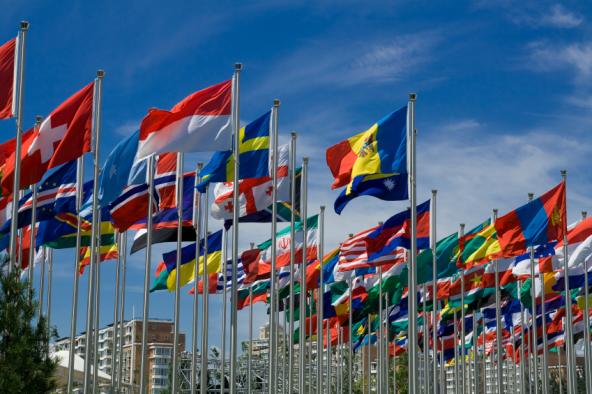- Animals
- Arts
- Biological Diversity
- Childcare
- Children and Young People
- Climate Change and Energy
- Community Participation in Government
- Constitutional Reform and Democracy
- Corporate Governance
- Disability
- Drugs, Substance Abuse and Addiction
- Economics
- Education
- Employment and Industrial Relations
- Environmental Principles
- Genetically Manipulated Organisms
- Global Economics
- Global Governance
- Health
- Housing
- Human Rights
- Immigration and Refugees
- Indigenous Australians
- International Relations
- Justice
- Marine and Coastal Areas
- Media and Communications
- Multiculturalism
- Natural Resources
- Nuclear
- Older People
- Overseas Aid
- Peace and Security
- Population
- Science and Technology
- Sexuality and Gender Identity
- Social Services
- Sport and Physical Recreation
- Sustainable Agriculture
- Sustainable Planning and Transport
- Waste
- Water and Inland Aquatic Environments
- Women
Principles
The Australian Greens believe that:
- global governance is essential to meet the needs of global peace and security, justice, human rights, poverty alleviation and environmental sustainability.
- effective means of global environmental governance are needed to halt and reverse the current trends towards environmental decline across the globe, especially with regard to reducing greenhouse gas emissions to mitigate climate change.
- the system of global governance must be reinvigorated.
- major structural reform is needed to provide stronger, more effective and more representative multilateral institutions.
- the leading role of the United Nations (UN) in the maintenance of international peace and security must be recognised and respected by all countries.
- the international financial institutions that govern aid, development, trade, and transnational financial movements require extensive reform to enable them to provide global economic justice.
Goals
The Australian Greens want:
- renewed commitment by Australia to multilateralism as the means of addressing world problems.
- extensive structural reform to democratise the UN.
- a stronger UN capable of dealing with threats to international peace and security.
- a commitment to the implementation of UN Security Council Resolution 1325 which calls for more women at every level of governance, and for women and gender issues to be included in all aspects of peacemaking and peace-keeping.
- full support for, and adequate resourcing of, the International Criminal Court.
- the development and upholding of international legal codes on the accountability of political and military leaders for human rights abuses and crimes against humanity.
Measures
The Australian Greens will:
- provide a commitment by Australia to support the work of the UN, to abide by its charter and resolutions, and to meet financial obligations to the institution.
- support consideration, by a UN reform commission, of structural reforms such as:
- phasing out the veto powers of permanent members of the Security Council;
- regularly reviewing the permanent membership of the Security Council and expanding the permanent and non-permanent member representation;
- restructuring the relationship between the Security Council and the General Assembly, including requiring General Assembly approval for the enactment of certain Security Council measures such as the enforcement of economic sanctions;
- establishing structures that provide a greater accountability to the peoples the UN represents;
- creating a consultative mechanism composed of representatives of civil society, including trade unions, environmental organisations, professional associations and other non-government organisations;
- creating an international council for conflict resolution; and
- making changes to UN decision making bodies to ensure that they more democratically represent the peoples of the world.
- support the establishment, by the UN, of an international crisis prevention and response centre to address threats from terrorism and other conflicts, to provide rapid response peacekeeping forces, and to rapidly respond to humanitarian crises.
- support the establishment of an international environmental court and an environmental council at the UN, with similar decision-making powers to the Security Council to deal with environmental issues of global significance.
- support the jurisdiction of the International Criminal Court, and ensure that all nations are subject to its decisions.
- work towards the creation of a clear code of international law for breaches of universal human rights within individual States.
- support the abolition of the IMF, World Bank and WTO unless radical reform can:
- make their processes transparent;
- ensure voting and other decision making processes are more democratic;
- allow full democratic participation of representatives from affected communities, including non-government organisations (NGOs) representing disadvantaged groups such as indigenous people and women;
- democratise and improve their dispute settlement processes;
- abolish IMF and World Bank structural adjustment loans;
- reorient World Bank loans away from large, capital-intensive projects; and
- bring them into the broader 'family' of UN institutions and provide checks and balances over their power.
Authorised and printed by Derek Schild, Australian Greens, 8-10 Hobart Place Canberra 2601



